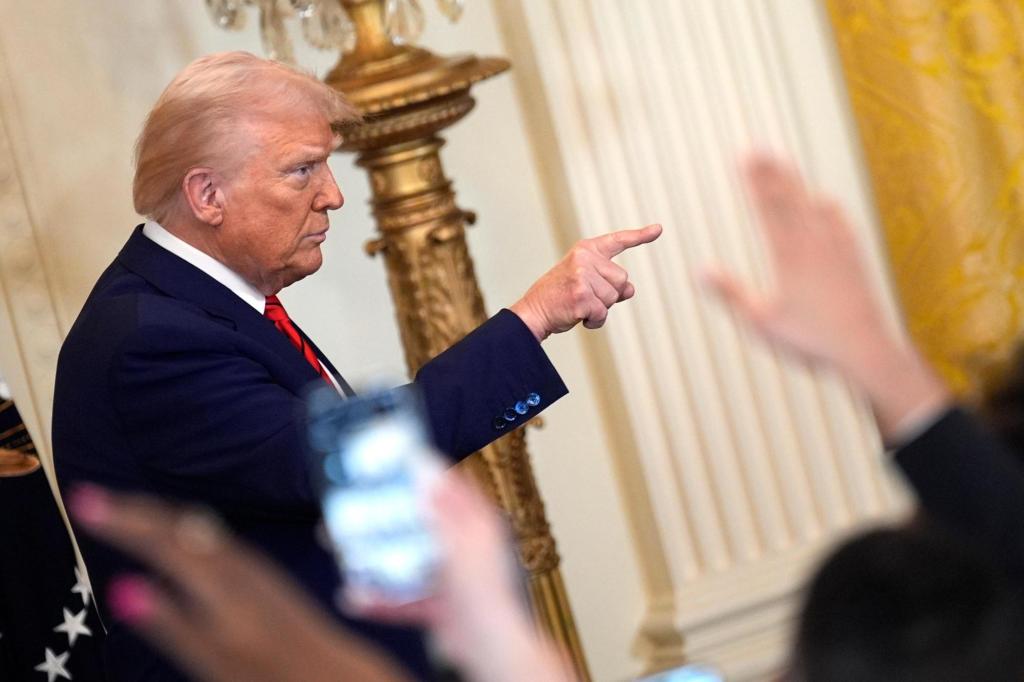WASHINGTON — President Donald Trump will undergo a physical examination on Friday amid growing concerns regarding his health, which have been stirred by visible bruising and swelling observed in recent months.
According to White House press secretary Karoline Leavitt, the president’s visit to Walter Reed Medical Center will coincide with a planned meeting and remarks with troops. “On Friday morning, President Trump will visit Walter Reed Medical Center for a planned meeting and remarks with the troops. While there, President Trump will stop by for his routine yearly checkup,” Leavitt stated in a press release on Wednesday. Additionally, she noted that Trump is considering a trip to the Middle East shortly thereafter.
While the White House has characterized the upcoming visit as a routine yearly physical, it is worth noting that President Trump, who is 79 years old, already had an annual examination just six months ago on April 11.
Since that last assessment, Trump has been seen with swollen ankles and a persistent bruise on his right hand. In July, the White House confirmed that Trump had been diagnosed with chronic venous insufficiency, although they emphasized that physicians found the president to be in “excellent health” overall.
According to his doctor, the swelling in Trump’s ankles is associated with this vein disease, which is characterized by damaged valves within the veins that have difficulty facilitating blood flow from the legs back to the heart. Leavitt previously described the condition as “common, particularly in individuals over the age of 70,” noting that it affects approximately one in 20 adults, as reported by the Cleveland Clinic.
A memo from White House physician Sean Barbabella indicated that doctors found “no evidence of deep vein thrombosis (DVT) or arterial disease” during the examination. Additionally, it stated that there were “no signs of heart failure, renal impairment, or systemic illness” identified.
The White House also addressed the longstanding bruise on Trump’s hand, attributing it to “minor soft tissue irritation from frequent hand-shaking” and a side effect of aspirin therapy that the president is undergoing as part of his cardiovascular prevention regimen.
In January, Trump became the oldest president ever inaugurated. He has confidently claimed his health is robust, saying in an interview with Newsmax on Monday, “I feel the same or better than I did 30 years ago.”
As Trump’s health has sparked discussion, his predecessor, former President Joe Biden, withdrew from the 2024 election amid inquiries concerning his acuity. During his time in office, Trump had been hesitant to disclose details regarding his medical evaluations.
As these health inquiries persist, the upcoming physical exam serves as both a routine check and a point of public interest, especially given the backdrop of significant political positioning as 2024 approaches. With health being a crucial component of presidential responsibilities, the outcomes of the exam could influence public perception as Trump prepares for a possible return to the national stage.
The anticipation surrounding Trump’s health examination illustrates the ongoing intersection of health, age, and political dynamics that shape the narrative of leadership in America today.






